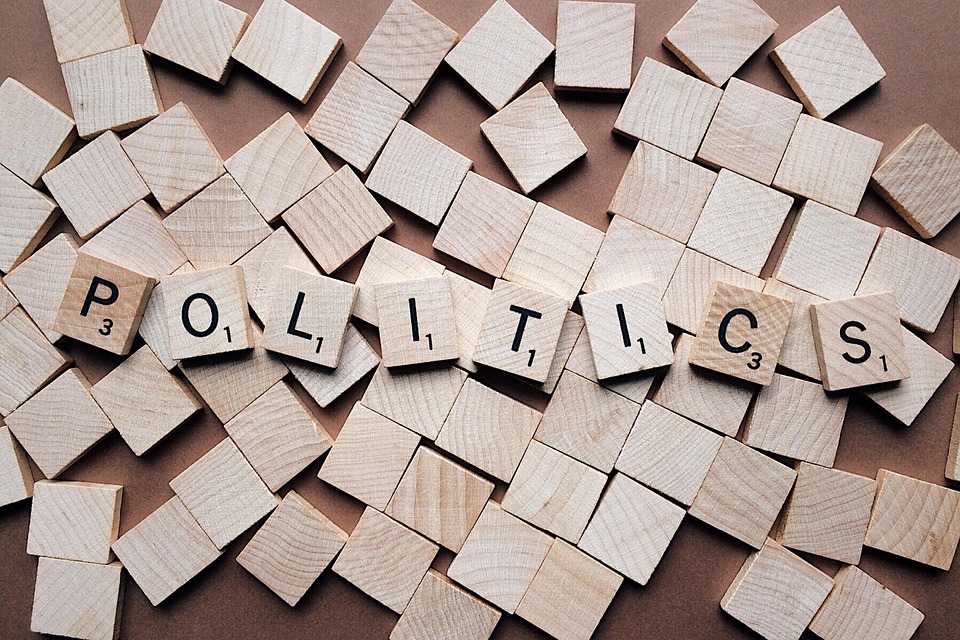Essential Skills and Responsibilities for Political Researchers: A Shortage Occupation with Promising Career Prospects
Political research, a field often overshadowed by its more glamorous counterparts, is experiencing a renaissance of sorts. As the political landscape grows ever more complex and globalised, the demand for skilled political researchers is surging. This surge highlights not only the critical nature of this work but also the exciting career prospects that lie ahead.
The Core Competencies
A political researcher must possess a myriad of essential skills, each contributing to a comprehensive understanding of the political arena. Research skills are paramount; the ability to sift through vast amounts of data, discern patterns, and extract meaningful insights is the bedrock of effective political analysis. But beyond mere data collection, one must also master the art of critical thinking. How do we assess the reliability of sources? What biases might influence our interpretations? Such questions are vital in a field where misinformation can shape public opinion and policy alike.
Communication skills cannot be overlooked. A political researcher must be adept at translating complex ideas into accessible language. Whether drafting reports, presenting findings, or engaging with stakeholders, the ability to convey information succinctly and effectively is crucial. In an age where attention spans are fleeting, how can one capture an audience’s interest while delivering substantive content? This juxtaposition of brevity and depth is where the true challenge lies.
Responsibilities that Shape Policy
The responsibilities of a political researcher are as diverse as the issues they tackle. Engaging in qualitative and quantitative research is just the beginning. Political researchers often find themselves tasked with evaluating policies, identifying trends, and forecasting potential impacts. This requires not only a firm grasp of current affairs but also an understanding of historical contexts. What happened yesterday often informs what will happen tomorrow; a political researcher must be a historian of sorts.
Moreover, collaboration plays a pivotal role in this profession. Working alongside policymakers, advocacy groups, and even the media, political researchers must navigate various interests and agendas. How do they maintain objectivity while working with stakeholders who may have vested interests? The answer lies in a commitment to ethical research practices and transparency.
The Future Landscape
As we peer into the future, the outlook for political researchers appears promising. The increasing complexity of global issues—be it climate change, economic disparity, or social justice—demands a nuanced approach to research. Political researchers are not just analysts; they are key players in shaping discourse and influencing decisions.
Moreover, with the rise of technology, the landscape of political research is evolving. Data analytics, artificial intelligence, and big data are transforming how researchers operate. The question arises: will traditional methodologies withstand the test of time, or will they be overshadowed by new technological advancements?
Embracing the Journey Ahead
As the demand for political researchers continues to grow, individuals interested in this career path should consider the myriad opportunities available. With the right blend of skills and an unwavering commitment to ethical practices, the journey can be both fulfilling and impactful.
At Visajob.co.uk, we understand the intricacies of finding work in the UK, particularly for roles that require sponsorship. Rest assured, we are here to support you every step of the way as you navigate your career in this essential and rewarding field. The future is bright for political researchers, and we are excited to see where your journey will take you.




